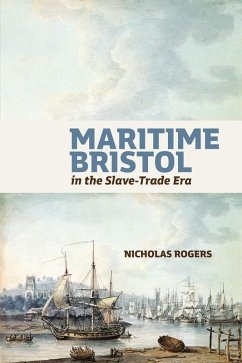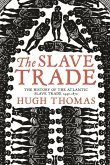Explores the maritime history of Bristol, a leading slave port in the eighteenth century
Delves into the hazards of the slave trade, its recruitment of seamen, its fractious labour relations and mutinies, and how these were resolved by law. One chapter examines in detail how a shipwright sought redress for his ill-treatment aboard a slave ship and how sensitive the merchant elite were to insider criticism; another reveals how partial the Admiralty courts were to captains as sovereigns of their ships.
The book also tracks the chequered fortunes of a New York/Bristol merchant family during the American war, the patterns of investment in mid-century privateering, which illustrate how money from slave-trade activities was mobilized for this speculative enterprise, and how naval impressment was used for political purposes.
The book concludes with a chapter on why Bristol failed to emulate other culturally vibrant towns and cities in opposing the slave trade in the first phase of abolition. In the wake of the Edward Colston controversy, this book contributes to the ongoing debate as to how slavery has shaped British society.
Delves into the hazards of the slave trade, its recruitment of seamen, its fractious labour relations and mutinies, and how these were resolved by law. One chapter examines in detail how a shipwright sought redress for his ill-treatment aboard a slave ship and how sensitive the merchant elite were to insider criticism; another reveals how partial the Admiralty courts were to captains as sovereigns of their ships.
The book also tracks the chequered fortunes of a New York/Bristol merchant family during the American war, the patterns of investment in mid-century privateering, which illustrate how money from slave-trade activities was mobilized for this speculative enterprise, and how naval impressment was used for political purposes.
The book concludes with a chapter on why Bristol failed to emulate other culturally vibrant towns and cities in opposing the slave trade in the first phase of abolition. In the wake of the Edward Colston controversy, this book contributes to the ongoing debate as to how slavery has shaped British society.
Dieser Download kann aus rechtlichen Gründen nur mit Rechnungsadresse in A, D ausgeliefert werden.









